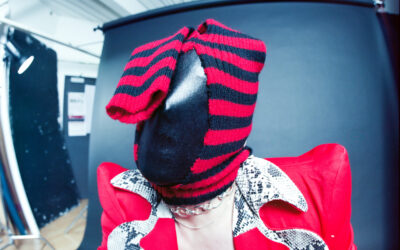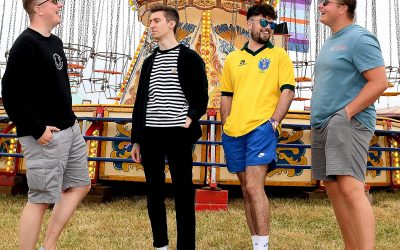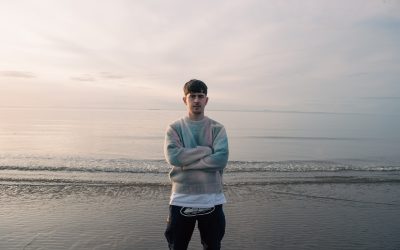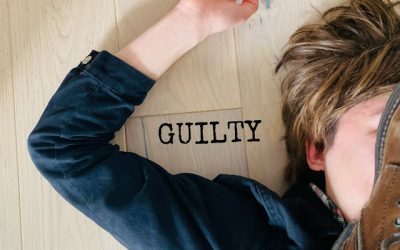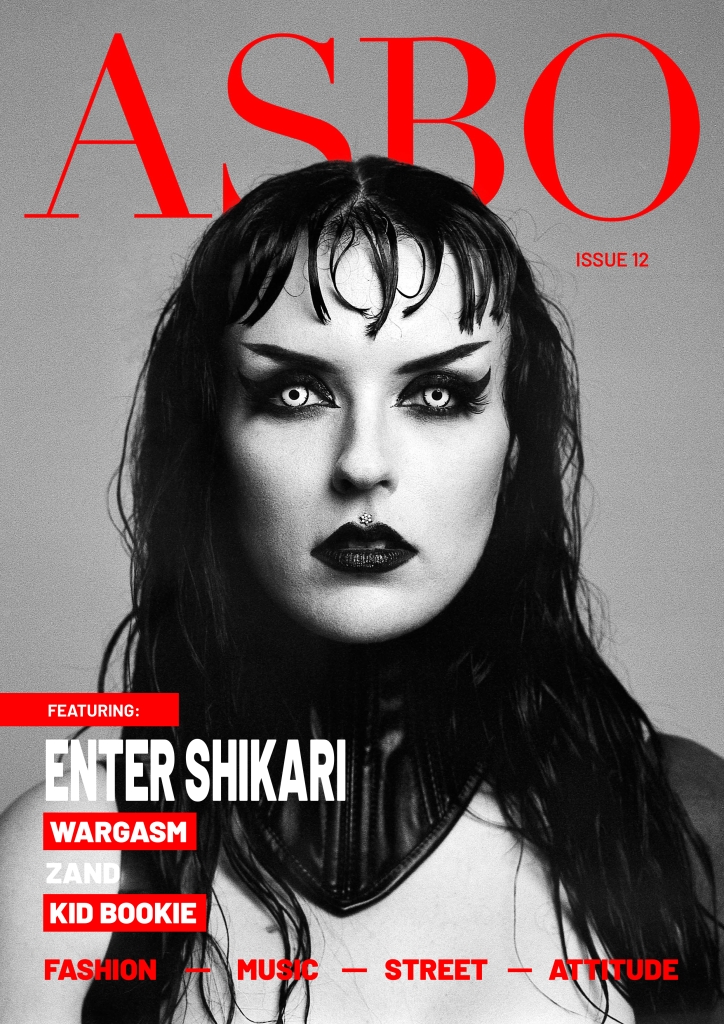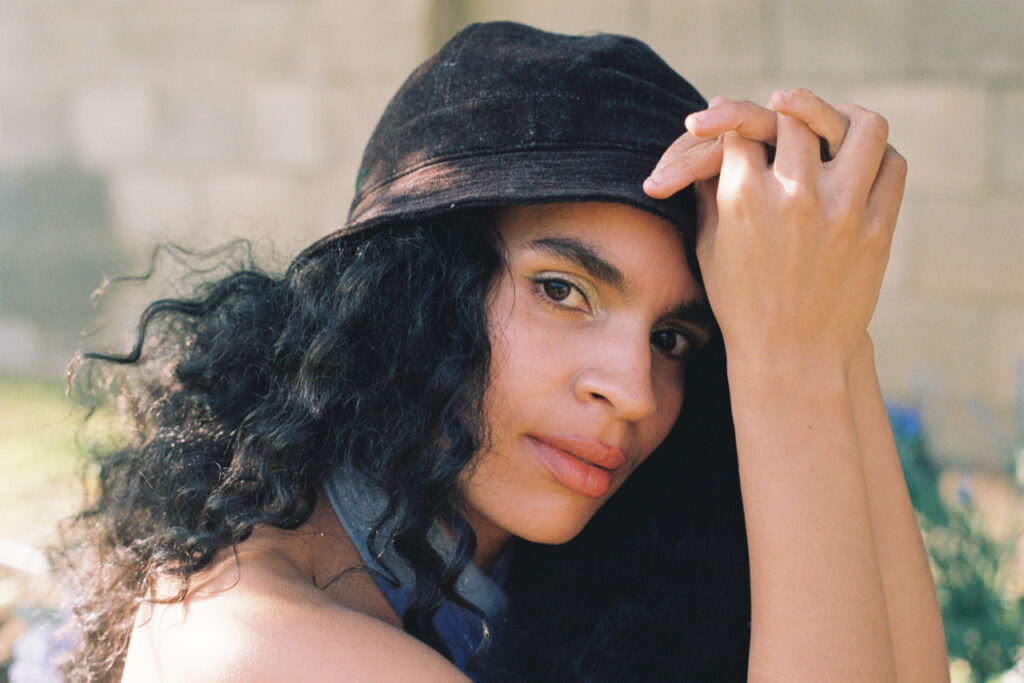
ASBO Magazine spoke with the captivating Shungudzo, exploring her latest project, musical influences and finding her voice.
Speaking from her soul Zimbabwean artist, songwriter and producer Shungudzo creates immensely personal music. Glimmering with raw talent, she has nurtured a following of nearly 1 million monthly listeners and 5.2 million streams on Spotify.
Growing up in a post-colonial Zimbabwe under a dictatorship her voice was restricted and she also faced extreme racism. Using her art as a medium to express herself she has poured this into her music the manifestation of this is the birth of her debut album, ‘I’m not a mother, but I have children’.
Having recently toured with the iconic Kae Tempest, they’ve both completed a 16-date tour of the UK and Ireland. Describing the tour as a ‘wonderful experience’, she continues: ‘I think because I am so new to touring, I don’t know that this will ever change but I had no idea what to expect. I didn’t know how many people would be there each night and whether or not they would care for the message of the songs. But something really beautiful happened and mainly I feel that this came from the support from Kae’s wonderful fans. Who really comes to listen to those messages and I felt heard too. A sign of a good show for me isn’t the fact everyone is dancing, or everybody is going crazy, but rather their eye contact is with me as it would be in a conversation. Because we all go to shows and take messages and music in differently but I felt like we were making eye-to-eye contact at every show, which is a truly special experience.’

Her latest masterpiece is comprised of her 16-track album, which is released in chapters. Shungudzo dissects the inspiration behind the body of work. ‘I’ve been wanting to make a sociopolitical album for as long as I’ve been making music. Growing up in Zimbabwe where we didn’t have true freedom of speech. We were told not to even whisper our thoughts about the government to our friends and I think our parents very tactfully raised us not to do it, without saying don’t do it, because when you tell a kid don’t do it, that is exactly what they are going to do. But you realise growing up how many of your thoughts and opinions are really censored. First and foremost censoring within one’s self and then censoring what you share with other people.
I discovered poetry as a kid as a way to express all of my thoughts and opinions as a person of colour, as a queer person, as a Zimbabwean in Zimbabwe and then eventually as a Zimbabwean American in America. I found that words and my notebooks were really safe haven for all of my thoughts and then this natural progression occurred in which I wanted to share those thoughts with people and so this album was really a result of a lifetime of thinking about the state of the world, about how I fit into it, about how people like me fit into it and about how we all fit into living. Eventually, after a long time coming, the words flowed out of me and the space I had created, by myself allowed me the room to make this album.
After hearing more about her background, and knowing how for many artists music can be a sanctuary. She continues to tell me ‘Yeah I think it’s a sense of escapism but in an equal sense of really trying to harness reality and trying to build a better reality. So, on one hand, I do escape into the song when I’m making it, it’s like the world disappears and in this song, I can envision a world in which injustice and inequity or my own pain don’t exist. But in trying to escape I actually find myself closer to reality and closer to the ideas of reality, which I want to live in and fight to live in.’
A distinguishable theme navigated in the album is parenthood, shifting focus from conventional topics surrounding parenthood, she peers into what it’s like to parent and nurture future generations. ‘I actually started out writing an album about parenthood, but not in the sense of being a parent to biological children, or foster children, or adopted children. But about being a parent to future generations, what does it mean to be a parent? I was going to write some songs about my immediate family, but then also about envisioning a future world where both of these realities combine themselves. With what future could be created where each of your actions, words, and thoughts begin to make a direct impact on the experience, that all future generations of living things will exist in?
Travelling further into her project ‘I’m not a mother, but I have children’, I asked what songs from the project spoke to her soul and what tracks really meant to her when writing. ‘They all mean an equal amount to me, they meant an equal amount to me in the moment of creating them, in the moment of making each of those songs that is all I wanted to write about and all I wanted to feel.’
She later continues: ‘As time goes on I find myself gravitating towards different ones and one of my particular favourite songs to do live is ‘White Parents’ because I enjoy how different people, towns and cultures take it in quite individually. In a room there might be a lot of people who fully feel it and get it and a lot of people who are like ‘what is this?’ Or some people who are like ‘I don’t agree, because they are hearing this tension and anger which is actually not my intention. I think it is a very frustrated and vulnerable song and creates this space in which people are having completely different lines of thought and opinions on the same thing but not fighting each other. And to witness that interaction between people who can often be strangers, and still maintain this love and peaceful energy in the same space is liberating.’
I wanted to understand more beneath the skin of Shungudzo, I wanted to know who she listened to growing up. She laughed and said that her friends make fun of her because she is a musician with probably the smallest library of music knowledge. With limited access to music in her youth, she took inspiration from her environment and the world around her. ‘I continuously am learning and growing but in Zimbabwe, I didn’t have the same access to music that kids here had. I listened to a lot of traditional Zimbabwean music, I listened to whatever our dictatorship deemed safe for the people on the radio. That was about it. Although I would say Zimbabwean culture is inherently musical, and Zimbabwean people are too. My dad is not a musician but he is constantly humming, singing and dancing. The music that comes from nature, the way birds are always singing and you can hear the animals rustling through the grass. I think that I grew up taking in music in many varying forms, not necessarily by putting on a pair of headphones and listening to a CD, but rather by listening to the world around me and watching the world around me, by seeing songs and music within everyone.’
In tune with her emotions, she eloquently explores her feelings and thoughts within her music. I asked Shungudzo when she started finding her voice and whether it came with age or whether she always felt it as a child. ‘I have always been a writer for as long as I can remember and I started reading and writing at a really young age, practically all of my life I have been a writer. I found that voice came out partly because I was able to break the barrier between thought and writing in my head at a really young age. I feel that if you could speak your thoughts you can be a great writer and not the traditional notion of having to study, or achieve a degree in order to be deemed a great or good writer.’
She also mentions how she was very shy growing up. ‘I was an incredibly shy child, not very good with one-on-one interactions, but what was the most painful part of being shy was the limitations of presenting my true thoughts and ideas to people. I still have these doubts before shows and I wake up and think to myself ‘how am I going to do this?’ This is truly one of the most terrifying things in the world to me, getting up on that stage and learning to feel the fear but embrace it fully. Over time I have learned that there’s a difference between good and bad fear, and I now believe I am led by this instinct which comes from sharing my music with other people. I always ask myself ‘is this good fear or bad fear?’ Bad fear is if it’s truly bad for me, am I scared of this because it can or will hurt me. My good fear is I’m scared of this because it is actually good for me and I am just trying to sabotage myself by doing it. For me sharing my music and performing my music and speaking aloud, that fear that I constantly feel is good fear, which propels me to do more of it.
In response to opening up about her shyness I said that introversion often helps in terms of creativity because introverts always think and always have ideas, even though they might not overtly say them, it’s in their mind. I am also fascinated with knowing about introverted and extroverted artists and when I speak to more introverted artists I can hear their voices through their music, which is what I like about Shungudzo.
‘I’ve always been grateful that I spent so much time observing and so much time experiencing and so much time thinking without communicating because I’ve created this sort of endless stream of thoughts and ideas.’
As the interview comes to a close we discuss her future plans. ‘I am a couple of weeks from finishing my next album, which is really exciting, the theme of it is internal activism.’
She explains the importance of being empathetic and looking within and she later continues: ‘I started thinking deeply about if my first album is about external activism and about going out there and doing something I think a lot of the missing link is us working on ourself and willing to empathise with ourselves through our own feelings and then be able to empathise with other peoples feelings.’
Follow Shungudzo via Instagram @shungudzo and her album ‘I’m not a mother, but I have children’ is available to stream and buy.
Interview by Remina Nair


